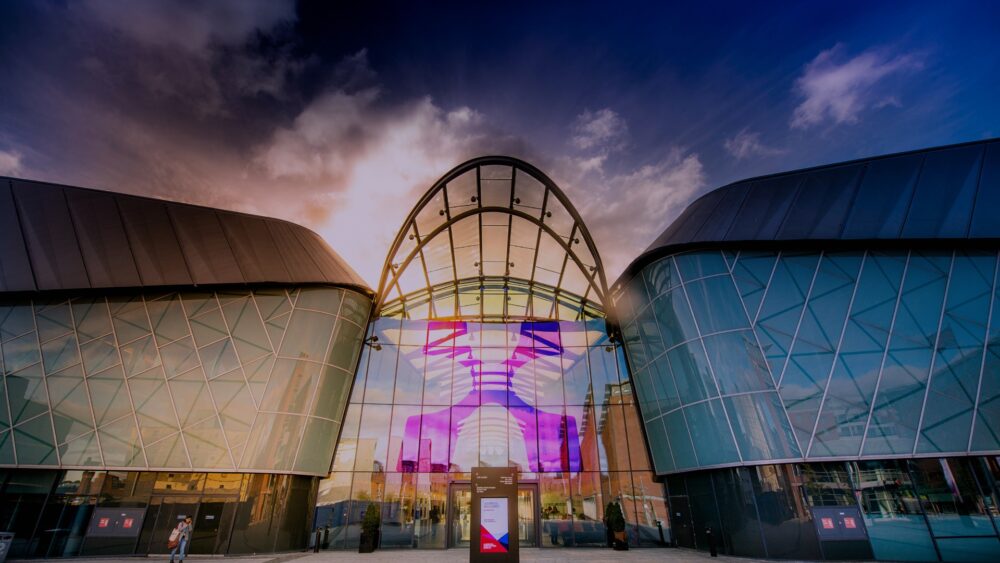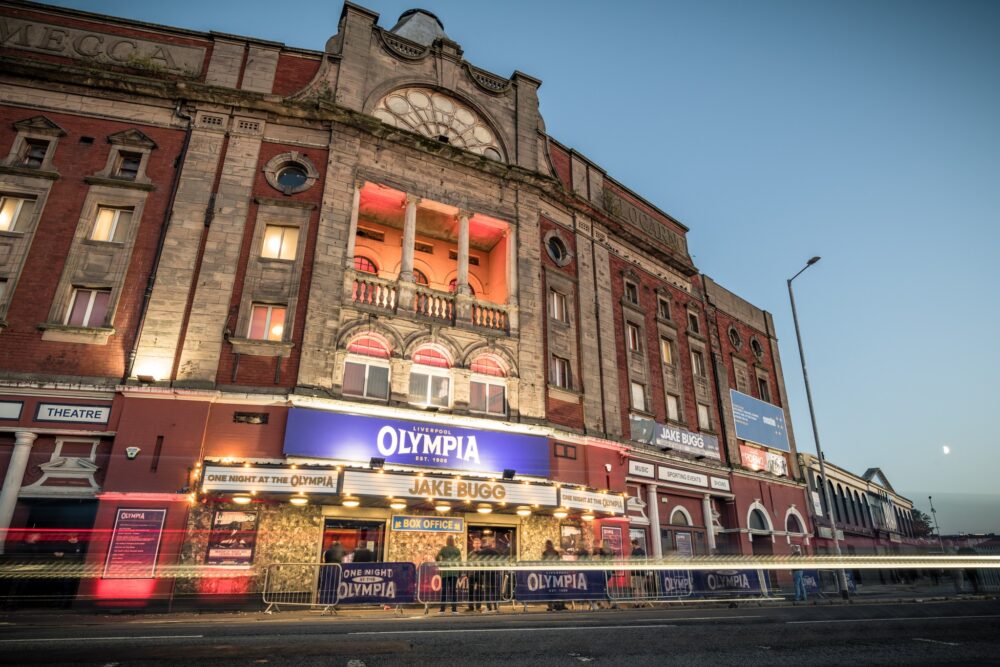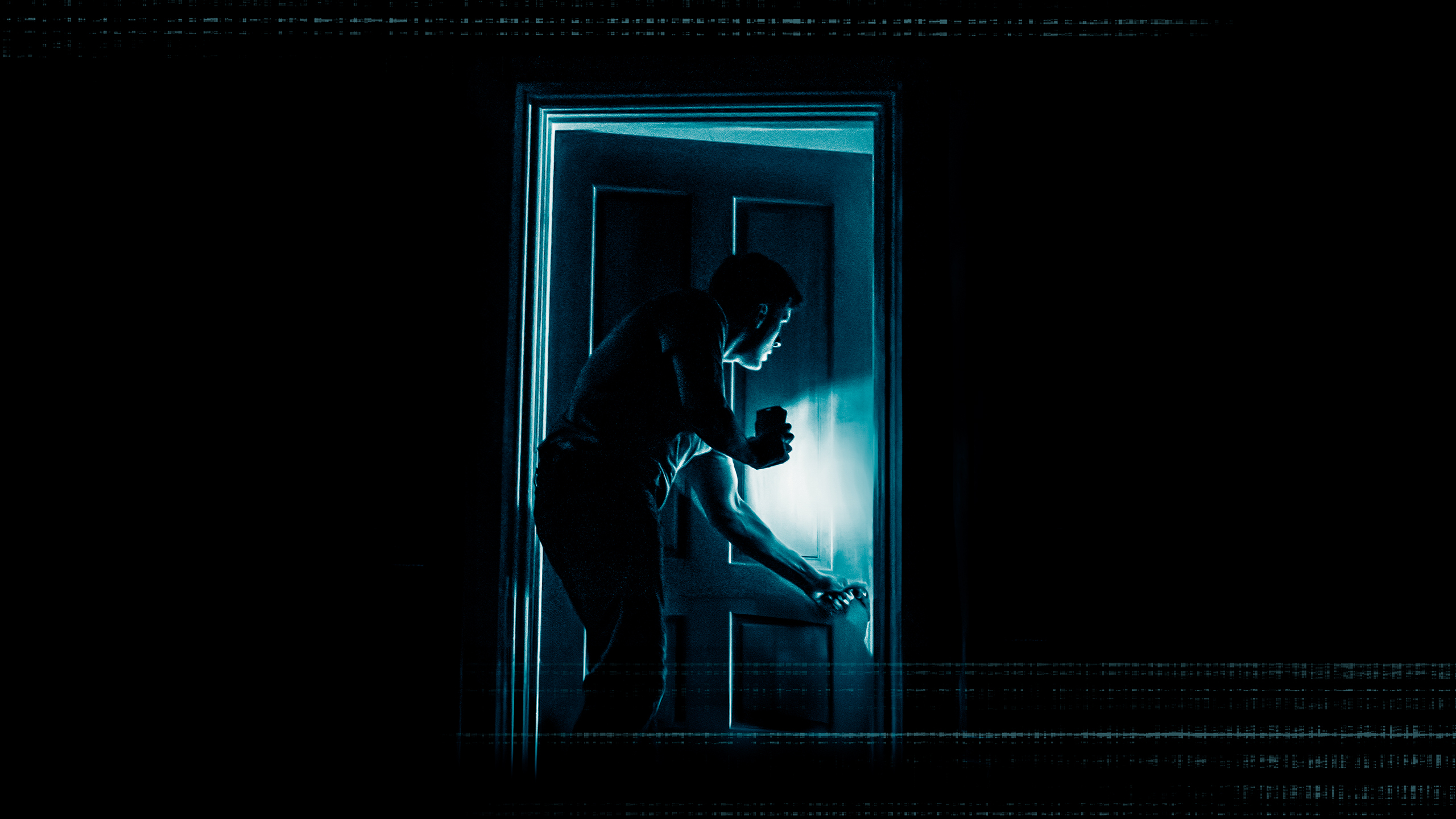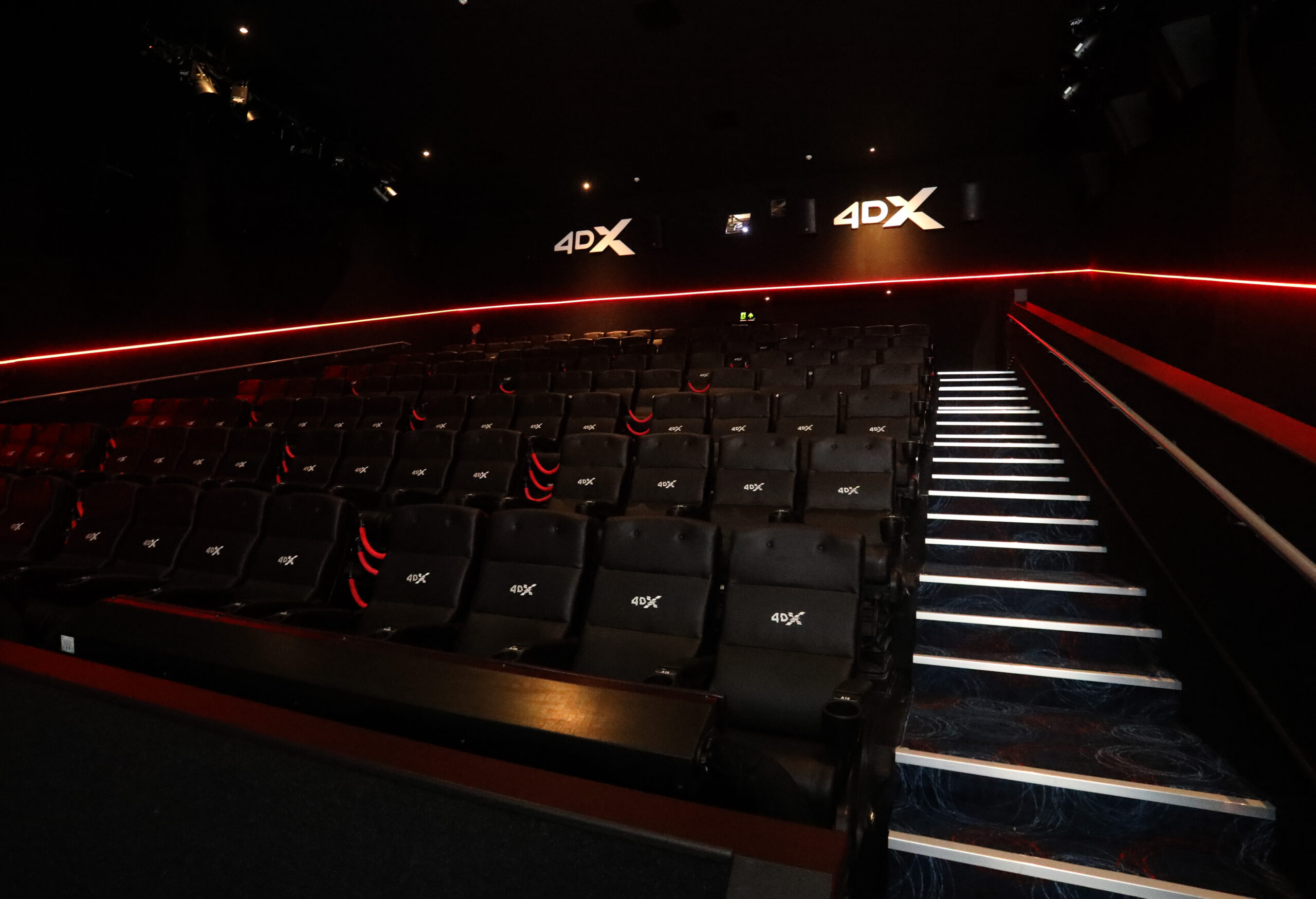
Liverpool News
Liverpool City Council begins second phase of reg plate cameras to curb traffic violations
2 years ago

The second phase of enforcement cameras designed to curb moving traffic contraventions go live in Liverpool today (Monday, 29 January).
Liverpool City Council has been installing Automatic Number Plate Recognition (ANPR) cameras at a number of locations as part of new enforcement powers to help reduce congestion, improve air quality and road safety, and encourage sustainable travel.
The new powers, as set out in Part 6 of the Traffic Management Act (2004), allow local authorities to penalise poor driving habits which previously could only be enforced by the police, under criminal law.
Liverpool City Council, which received these powers from the Department of Transport (DfT), is using the cameras to reinforce the work it is currently doing to tackle unlawful and dangerous driving behaviour.
Enforcement cameras went live in November on Lime Street and Ranelagh Place in the city centre, with warning notices issued for first-time offenders. More than 8,500 notices have been issued in that period.
As of this week, £70 fines will be issued for repeat offenders caught ignoring traffic instructions on Lime Street.
In addition, a second tranche of cameras have gone live today at a further four locations, although fines will not be immediately issued in line with DfT guidelines. A six-month grace period will be observed so first-time offenders will receive a warning notice of the restrictions after which repeat offenders will receive a fine.

The new locations area are at:
- St Annes Street outside the fire station – yellow box junction
- Whitechapel at Crosshall Street – yellow box junction
Two ‘school streets’ (for Greenbank Primary School and Much Woolton Primary School) will also see APNR cameras at:
- Arlington Avenue/Greenbank Road
Arlington Avenue/Nicander Road - Watergate Way at Priorsfield Way
A camera is also in place at Watergate Lane at Woodrock Road and is set to go live in early February.
These ‘school streets’ are pedestrian and cycle zones which operate Monday to Friday, 8.30–9.00am and 2.30–3.40pm and do not allow vehicle access, with exceptions including those with blue badges, those loading or those who are valid permit holders.
A camera is also in place at Lime Street between Skelhorne Street and St George’s Place to enforce the bus-only route. These cameras are set to go live in February.
An ANPR camera is also in place on Ranelagh Street to enforce the bus-gate regulations there.
The new ANPR cameras will further complement changes to key parts of the city’s highways network such as the upgrade of The Strand and Lime Street, and the increasing number of cycle lanes being introduced across the city.
Examples of the type of moving traffic offences that can be enforced under the new powers include:
- Undertaking banned turns
- Driving through a ‘No Entry’ sign
- Driving in a route permitted for buses and taxis only
- Driving through a school street, pedestrian and cycle zone
- Entering a yellow box junction when the exit is not clear
Councillor Dan Barrington, Cabinet Member for Environment and Climate Change, said:
“Road Safety is of paramount importance to the Council. These new powers to enforce moving traffic contraventions are a key part of a wider programme to improve road safety across the city.
“These new APNR cameras will enable us to enforce the Highway Code and improve behaviours at key junctions, in both the city centre and near to our schools.
“Our overall aim is to educate people to be more patient behind the wheel, and ideally encourage people to think twice about using the car at all. Most car journeys in the city are under 5km, many of which could be done by alternative methods.
“That’s why as a Council we’re supporting moves to improve public transport and why we’re investing millions of pounds in active travel infrastructure to make it easier and safer to walk and cycle more often.”









 Subscribe
Subscribe Follow Us
Follow Us Follow Us
Follow Us Follow Us
Follow Us Follow Us
Follow Us Follow Us
Follow Us











